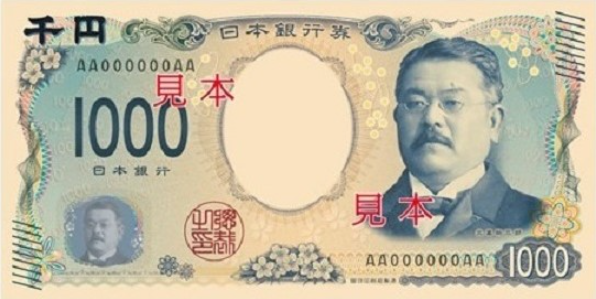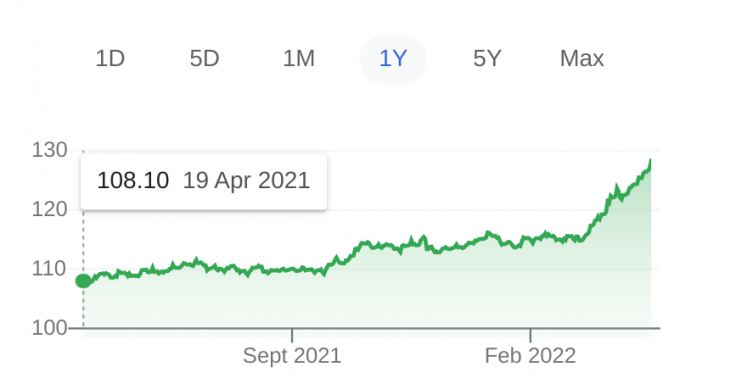The Japanese yen is on a freefall, even as the Bank of Japan stubbornly maintains an extremely loose monetary policy despite the US Federal Reserve and other central banks are tightening monetary policy.
The Japanese currency slumped to a low of 128.31 against the dollar, which marks the weakest level since May 2002.
Tuesday marked the 13th straight day of losses for yen, marking the longest losing streak the currency witnessed in at least half a century, according to Bloomberg data.

Yen has now declined 5 percent April 1, the day that marked the beginning of the latest losing streak.
Currency traders in Tokyo now believe that the yen is poised to breach its 20-year low and slump to 130 against the dollar.
According to DailyFX, yen depreciated against the US Dollar on all except one of the 43 days since March 7.

Why is Yen Declining?
Though the government has warned the traders of the pace of the yen's decline, the currency is briskly sold on the market as traders focus rather on the widening gap between the interest rates in Japan and the US.
Though the US Federal Reserve has given clear signals of rates firming up in the months ahead, the dovish Bank of Japan isn't giving any such clear pointers, despite stepping up verbal defense of the currency.
"Unless Japan's policy -- monetary policy and policy related to currency -- is realigned, verbal or physical interventions won't be effective," Yuji Kameoka, chief FX strategist at Daiwa Asset Management, told Bloomberg.

Though a weak yen is good for Japan's heavily export-reliant economy, the freefall has roiled the macro economy by exasperating the impact of a surge in commodity prices. Analysts warn that a sharp drop of the yen can also hit the financial of the corporates hard.
However, Bank of Japan Governor Haruhiko Kuroda is facing a tigh-rope walk as he has to balance the government's priority of continuing with monetary stimulus.
"Until the BOJ changes its ultra-dovish stance, the monetary policy divergence argues for continued yen weakness and intervention would likely have little lasting impact," Win Thin, global head of currency strategy at Brown Brothers Harriman & Co, told Bloomberg.








